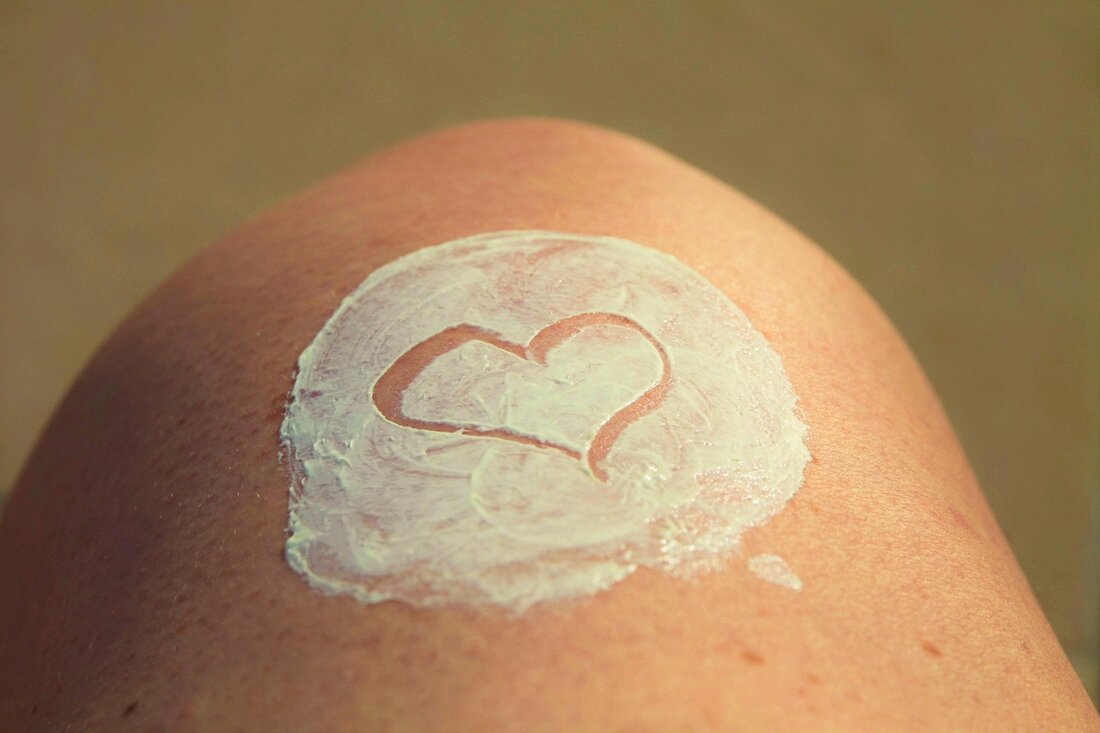|
This summer, I’m on the quest for the perfect sunscreen and I want to share it with you. But let me tell you, it has taken FOREVER! Brands aren’t always forthcoming about ingredients and you have to do so some digging. Also, have you ever really looked at what’s in your sunscreen. Can you pronounce any of it? NOPE and as a good rule of thumb, if you can pronounce it, don’t use it.
I'm glad I’m able to save you some time when purchasing sunscreen and take a minute to educate you on the importance of buying the right product. First let me tell you about my qualifications for who made it onto this list, because there were many other sunscreens that I researched and tested, but only the best will do. Personal health and safety is my top priority. These sunscreens have been rated 3 or below out of 10 by the Environmental Working Group. 10 being the highest offender and 0 (EWG verified) a perfect score. This group bases their ratings around concern levels of Developmental and Reproductive Toxicity, Cancer, Use Restrictions, and Allergies and Immunotoxicity. Most big name brands on the shelves of CVS and WalMart are a 6 and above. I don’t know about you but I’m tired of my eyes burning and I don’t want to worry about cancer as a side effect of my sunscreen. Another big concern for me (and I hope for you too) is environmental safety. I love to scuba dive and paddle board and I don’t want my sunscreen to damage Nemo and his friends. Research shows us that common chemicals in sunscreens like, oxybenzone and octinoxate, are damaging to reefs and marine life. Hawaii actually banned the use of these ingredients in 2018. The Florida Keys recently passed a law to bar the sale of sunscreens that include these chemicals. The rest of the planet is catching on, but not fast enough. I urge you to be responsible consumers and purchase mineral, not chemical based sunscreens. The last, but certainly not least criteria is gluten. Research has pointed to the fact that gluten causes increased intestinal permeability and we must remove this inflammatory item from our diets. Gut health is everything! You might be aware of gluten concerns in the diet, but maybe you haven’t thought about its use topically. Sunscreen is applied to the skin and is then absorbed directly into the blood stream. It is still making its way into our bodies without consumption. Also, think about enjoying a picnic on the beach. You’ve just reapplied sunscreen and are now eating your lunch with the same hands. The safest way to ensure no gluten enters the body is make sure your sunscreen is gluten free. I will not have any spray recommendations, due to the fact that the chemicals are inhaled and are also detrimental to the environment. All of the sunscreens I have chosen, have slightly different qualities and pros and cons. They will likely react differently to oily vs dry skin. Try them out for yourself and be sure to let me know on instagram what you think. Happy shopping everyone! To obtain a copy of my Safe Sunscreen Guide please join my email list on the contact page. You can also follow me on instagram @lifestyle_innovations for more wellness tips and product reviews.
0 Comments
Leave a Reply. |
AuthorKristen is a Wellness Coach, Occupational Therapist, and a Certified Autoimmune Protocol Coach. Her passion is helping those with autoimmune disease and chronic illness live a happy and healthy life. Archives
January 2021
Categories |


 RSS Feed
RSS Feed